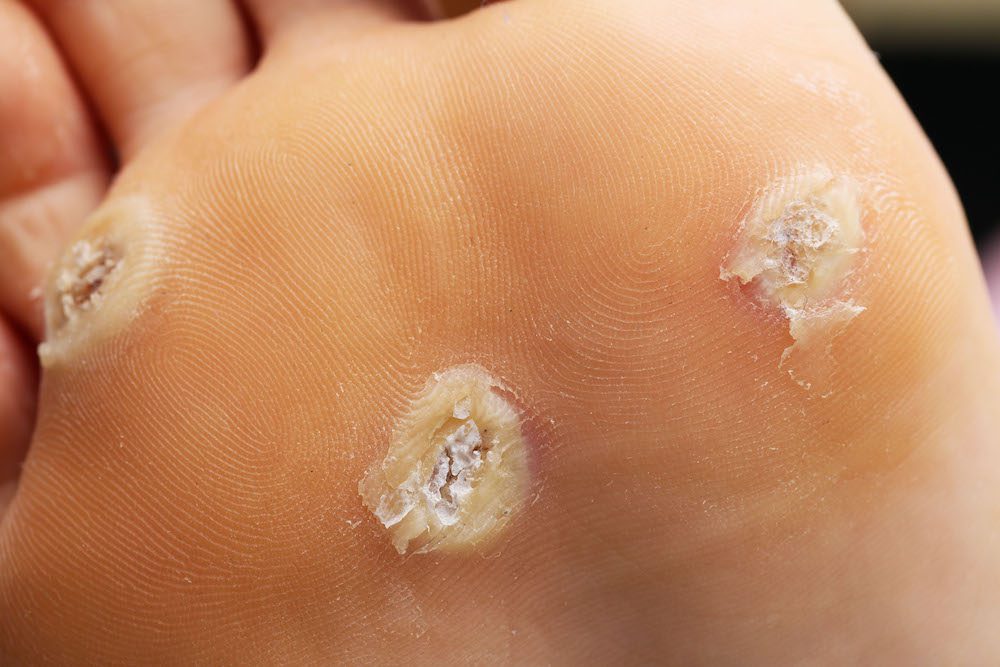Plantar warts are bumps that form on the soles of the feet and are caused by the human papillomavirus (HPV). While often dismissed as a minor issue, plantar warts may significantly affect your daily routines and comfort. A podiatrist is a foot care specialist who can accurately diagnose and treat plantar warts, offering you clear guidance on managing them. Here is more information about the impact of plantar warts on daily life:
Causing Discomfort
A plantar wart often develops on a weight-bearing area of the foot, such as the heel or the ball. This means that with every step, pressure is applied directly onto the wart. The growth may feel like a small stone or pebble is stuck in your shoe, creating persistent irritation. Over time, constant pressure could cause the wart to grow inward beneath a layer of hard, callused skin, leading to increased tenderness.
Discomfort can vary from a dull ache to a sharp, burning sensation. For some, the pain intensifies after long periods of standing or walking. Persistent discomfort can turn simple activities, like walking through the grocery store, into a painful experience. The level of pain is not always related to the size of the wart; even small warts may cause substantial irritation depending on their location and depth.
If you have persistent pain or irritation, a podiatrist can provide relief. They accurately diagnose the problem and recommend appropriate treatment strategies, such as cryotherapy, laser treatment, topical medications, or minor surgical removal. Early intervention can prevent the wart from growing larger and minimize discomfort.
Modifying Your Gait
To avoid the pain associated with plantar warts, you might unconsciously change the way you walk. Adjusting your gait is a natural response to minimize pressure on the sensitive area. You may start to put more weight on the other foot or alter the position of your affected foot as it strikes the ground. These subtle modifications may seem like a temporary solution, but they can lead to secondary problems. An altered gait disrupts your body’s natural alignment, which strains muscles and joints in your feet, ankles, knees, hips, and back. Over time, this may lead to broader musculoskeletal issues, resulting in new aches and pains that appear unrelated to the original wart.
Decreasing Physical Activity
Discomfort from plantar warts often leads people to reduce their level of physical activity. Activities, such as jogging, hiking, or playing sports, might become too painful to continue. Even routine exercises at the gym, like using a treadmill or elliptical, could put too much pressure on the affected foot.
A reduction in physical activity impacts your fitness routine and your overall well-being. Regular exercise is beneficial for both physical and mental health. Reduced activity might result in a decline in your cardiovascular health, muscle tone, and mood. Limiting movement may also affect social activities that involve walking or standing, leading to a more sedentary lifestyle.
Visit a Podiatrist Today
From causing pain when walking to forcing changes in your movement, plantar warts commonly create persistent discomfort and disrupt your daily life. These growths can also lead to a decrease in physical activities that are part of a healthy lifestyle. If you are experiencing foot pain or suspect you have a plantar wart, seeking professional guidance is a positive step. Schedule an appointment with a podiatrist today to have your condition evaluated.
